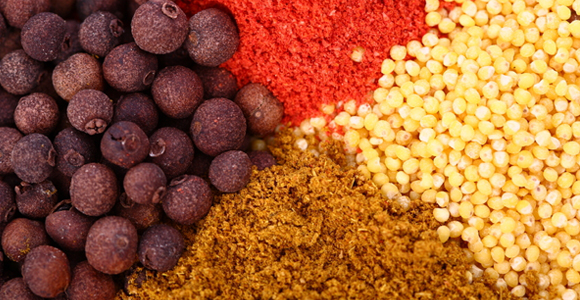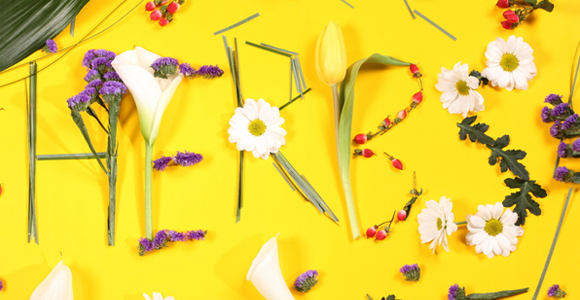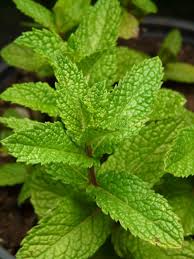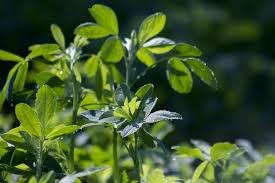

If someone says Oregano, it is likely that you will think in terms of cuisine. You would be right as most people do think of Oregano is sauces and so forth. However, there are actual medicinal properties to Oregano as well. Oregano makes a luscious cup of savory tea that works well for gas, indigestion, bloating, coughs, urinary problems, bronchial problems, headaches, and swollen glands and to induce and regulate a woman’s menstrual cycle. Others swear that is can cure fevers, diarrhea, vomiting, and same jaundice.
In the capsule form the leaves are dried and then crushed and placed into the empty capsule shell. Further, even others use the dried leaves by Continue reading Oregano More Than Just A Cooking Herb

